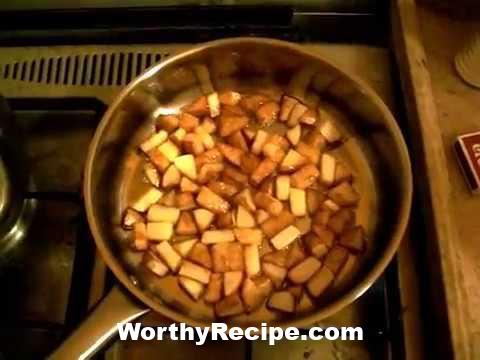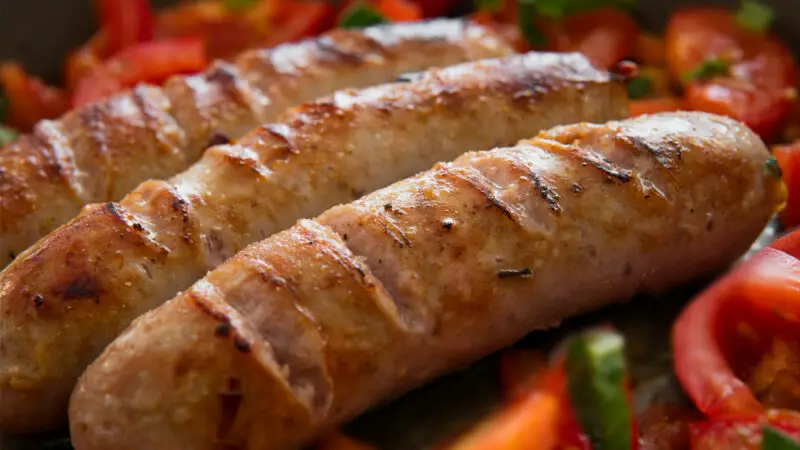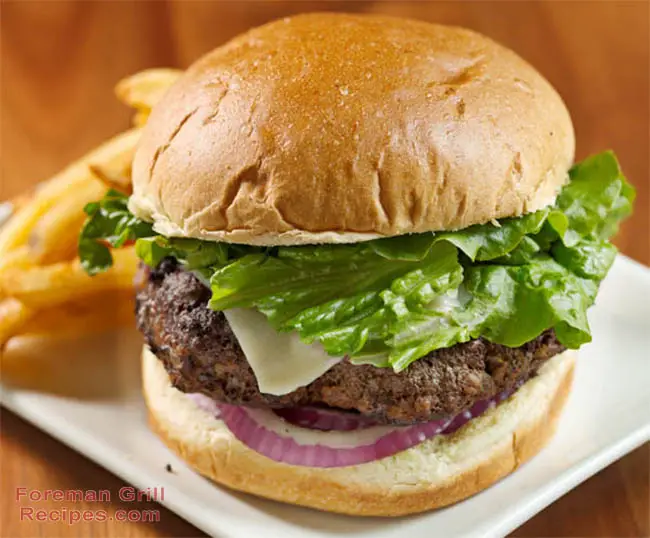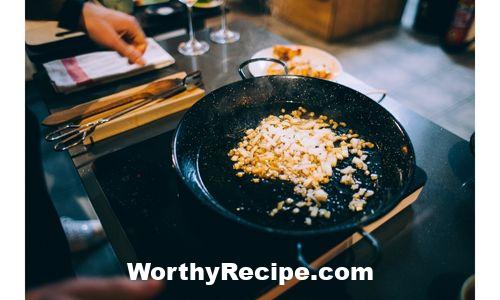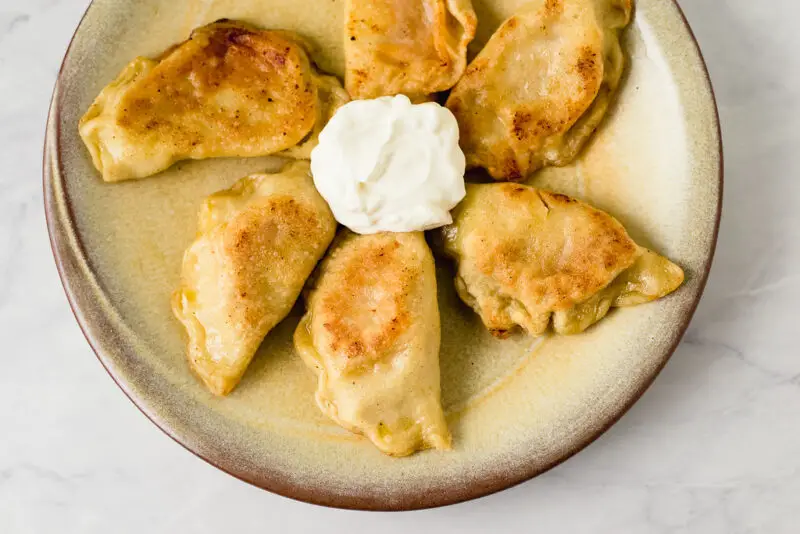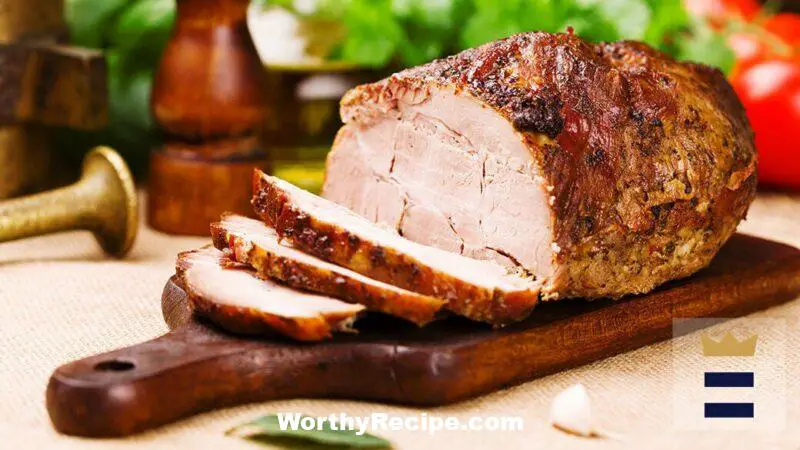How to Cook Potatoes in a Stainless Steel Pan without Sticking
If you love potatoes, then you are always looking for new ways to prepare them. One popular method is cooking them in stainless steel pans. These pans are known for their durability and versatility in the kitchen, but they also have a reputation for causing potatoes to stick, which can be frustrating for home cooks.
Selecting the Right Potatoes
The first step in achieving a non-stick potato dish is selecting the right potatoes. Not all potatoes are created equal, and each type has its own characteristics that affect how they cook and taste.
- Russet Potatoes: These are best for baking or roasting because they have a high starch content, making them fluffy on the inside and crispy on the outside.
- Red Potatoes: These are great for boiling or mashing because they hold their shape well and have a waxy texture.
- Fingerling Potatoes: These small potatoes are perfect for roasting and have a creamy texture and nutty flavor.
In addition to selecting the right type of potato, it’s important to properly prep them before cooking. Scrub the potatoes under running water to remove any dirt or debris. Afterward, pat dry with a towel before cutting them into uniform sizes.
Seasoning Your Potato Dish
Seasoning your potato dish is what takes it from bland to flavorful. There are various spice mixtures that can be used to season potato dishes. One popular blend is garlic powder, paprika, salt, and black pepper. Another blend includes dill, parsley, chives, salt, and black pepper.
If spice blends aren’t your thing, you can always opt for alternative methods for flavoring your potato dish, such as using herbs or sauces. Dill, rosemary, and thyme are excellent herb choices that complement potatoes well. If you’re feeling adventurous, try topping your potatoes with a creamy cheese sauce or gravy.
Preparing your Stainless Steel Pan
Proper preparation of your pan before cooking is crucial for preventing sticking, especially with stainless steel pans. Make sure to use a well-oiled or non-stick cooking surface. Preheat the pan on medium-high heat for several minutes before adding any ingredients.
Understanding Heat and How it Affects Cooking Potatoes
The heat level you choose when cooking potatoes has a significant impact on cooking times, textures, and flavors of cooked potatoes. For best results with a stainless steel pan, use medium-high heat and monitor the temperature closely.
Optimizing Cooking Techniques
Different potato dishes require various techniques to achieve desirable results. Boiling and simmering work well for preparing mashed or diced potatoes. Frying is perfect for creating crispy, golden brown potatoes hash browns. Broiling works wonders for creating crispy roasted potatoes that are slightly charred on the edges. Searing is excellent if you want to make pan-fried potatoes that are crispy on the outside but tender on the inside.
Proper Potato Cooking Times
To achieve perfect texture and flavor when cooking potatoes in a stainless steel pan, follow specific cooking times as directed by the recipe being used. Boiling small diced potatoes should take about 10-15 minutes while frying hash browns can take up to 10 minutes per side. Roasting small cubed potatoes in an oven set to 425 degrees Fahrenheit should take between 20-25 minutes.
Avoid Common Pitfalls in Cooking Potatoes in Stainless Steel Pans
Common problems such as uneven browning or overcooking occur due to improper heat management. Ensure that you are using your pan on the correct heat setting and regularly stir the potatoes while cooking. This will help distribute the heat evenly, ensuring that the potatoes cook evenly without sticking to the pan.
Cleaning Your Stainless Steel Pans After Cooking with Potatoes
Cleaning stainless steel pans correctly after cooking potatoes is essential to prevent future sticking. Avoid using abrasive cleaning materials such as steel wool, as these can damage the non-stick coating. Instead, use a soft sponge or cloth with soap and warm water.
Serving and Enjoying a Non-Stick Potato Dish
Serve your potato dish in an attractive way by garnishing it with parsley, chives, or any other preferred herb. Complement your dish by pairing it with a delicious main course or side like roasted chicken, steak, or sautéed vegetables.
Conclusion
If you follow these simple steps, you can create perfect non-stick potato dishes using a stainless steel pan every time. By experimenting with different ingredients and flavor combinations, you can personalize your dish and make it unique to your taste preferences. Remember to select the right type of potato, properly season your dish, prepare your pan before cooking, understand heat levels, optimize cooking techniques for various dishes, follow proper potato cooking times, avoid common pitfalls while cooking, clean pans correctly after use, serve attractively and compliment your dish for enjoyable meals every time.
Frequently Asked Questions
Q: Can I use any type of potato for this method?
A: Yes, you can use any type of potato for this method. However, keep in mind that some potatoes may cook faster than others due to their texture and size.
Q: How long should I cook the potatoes for?
A: The cooking time may vary depending on the size and thickness of your potatoes. Typically, it takes about 10-15 minutes to cook them until they are tender. To check if they are cooked, you can insert a fork or knife into the center of the potato. If it slides in easily, they are done.
Q: Do I need to add oil to the pan?
A: It is recommended to add a small amount of oil to the pan before cooking the potatoes to prevent sticking. You can use any type of oil you prefer, such as vegetable or olive oil.
Q: Can I add seasonings to the potatoes while cooking?
A: Yes, you can add your favorite seasonings such as garlic powder, paprika, or rosemary during the cooking process to enhance the flavor of your potatoes. Just make sure not to overcrowd the pan with too many spices as this can cause sticking.
